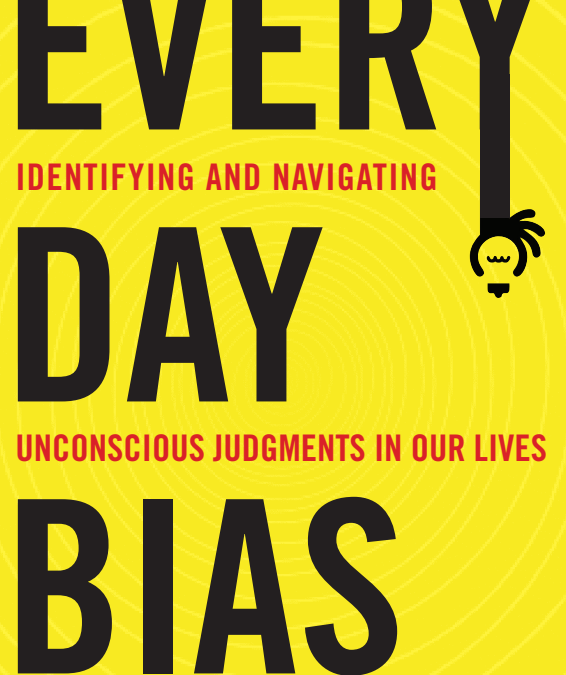Howard Ross has authored several books and a lifetime of fighting for social justice informs his latest book Everyday Bias: Identifying and Navigating Unconscious Judgments in Our Daily Lives is an important text on our human predisposition towards stereotyping our fellow human beings for often superficial, inaccurate, and unfair reasons. It isn’t a book written in some sort of social and cultural vacuum. Ross addresses the many social movements and changes our world has endured in recent history, such as the #metoo movement, and touches on the multiple and systemic ways our biases visit injustice on otherwise fine or innocent human beings. It isn’t a particularly lengthy book, but Ross’ superb skill as a writer allows him to encompass a panoramic view of the modern world within comparatively few pages.
MORE ON HOWARD ROSS: https://howardjross.com/
Ross divides the book into eight chapters with an accompanying conclusion, notes, bibliography, and appendix. The acknowledgements section leading off the book marks how much has changed, yet not changed, since the initial 2014 printing of Everyday Bias and chronicles, in abbreviated form, Ross’ personal journey with the topic of bias. It is a helpful bit of writing for those unfamiliar with his work and serves to prepare us for what’s to come. The book’s introduction sets the stage further contrasting our perception of the United States as a fair and just country with our treatment of minorities and the rhetoric of many leaders. Ross knows how to bring readers into this discussion with an intelligent and judicious hand.
He establishes early on that no human being is immune to bias. It seems obvious, but it is nonetheless an important distinction to make. Ross, early on, vows to refrain from sermonizing readers for their transgressions in this area acknowledging he is susceptible as well, even providing an illustration, and holds true to his aim. There’s no browbeating, no lecturing the reader. The book’s prose shares a similar tone. Ross reads like someone much more intent on communicating ideas rather than scolding readers for their failures. The conversational tenor of his writing nevertheless has a learned edge and it is clear from the outset that we are in the hands of an author who knows exactly what he wants to say and how to put it.
AMAZON: https://www.amazon.com/Everyday-Bias-Identifying-Navigating-Unconscious-ebook/dp/B00NIHLAEC
Readers will struggle identifying any major manifestation of bias in modern society that Ross doesn’t cover. He never makes any claims about Everyday Bias being a comprehensive catalog of human bias, but it is far more than a cursory overview of its presence in our world. It will undoubtedly open the eyes of more than a few readers for many reasons, but chief among them is the intense humanity defining the work. In the end, Ross seems to say we’re all in this together, so we would do ourselves an immense service if we were to free ourselves of the prejudices hobbling our progress as a species. It is difficult, if not impossible, for an open-minded individual to disagree with him and the conclusions he reaches in Everyday Bias: Identifying and Navigating Unconscious Judgments in Our Daily Lives.
Jason Hillenburg



























